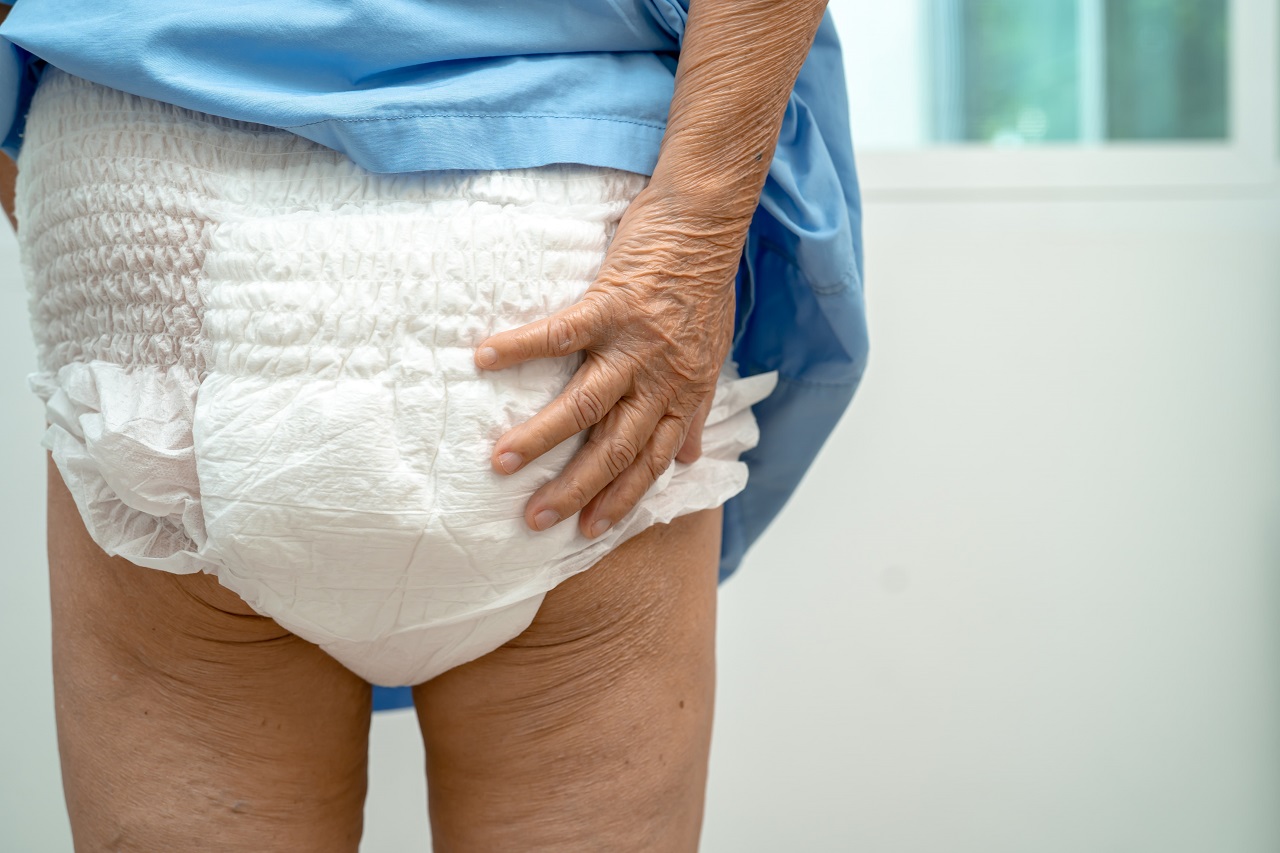There are many different causes of urinary incontinence. It can be due to many different reasons such as stress, overactive bladder or menopause. In this article, we will talk about what people with urinary incontinence can do to get rid of urinary incontinence.
Behavioral therapy is a type of treatment that can be applied at any time and under any circumstances. Even if the patient will receive surgical intervention, behavioral therapy training can be given to increase the success of the treatment. In this way, the muscles are taken under control by exercising the vaginal muscles and the muscles are taught to manage the muscles. mild and moderate incontinence problems can be treated with medication and pelvic floor exercises.
Although Kegel exercises are usually associated with sexuality, it is a type of exercise that provides many benefits. It has many benefits, from facilitating childbirth to preventing genital sagging. Moreover, the fact that it strengthens the muscles and prevents urinary incontinence makes Kegel exercises a must-learn subject for women.

What should be considered after learning muscle control?
Once you have learned to strengthen the muscles, there are some changes you need to make to your standard of living. By paying attention to these issues, you can avoid straining your bladder and alleviate urinary incontinence.
- Get rid of excess weight. Exercise to lose weight.
- Quit smoking.
- Reduce your consumption of harmful liquids such as tea and coffee. Make sure that the water you take into your body is efficient water.
- If there is a constipation problem, diet should be applied accordingly. Fiber foods should be added to the diet.
- Do not reduce the amount of water you drink, but try to consume it at certain intervals instead of drinking it all at once.
- Avoid excessive alcohol consumption.
- Avoid consuming water at night. Instead, divide the amount of water you drink into daytime hours. Empty your bladder before going to bed.
- Avoid consuming juicy fruits and vegetables in the evening.
- If you have diabetes, check your sugar level.
- If you have a blood pressure problem and are taking medication, discuss your urinary incontinence problem with your doctor. Since these medicines contain diuretics, they may cause urinary incontinence.









